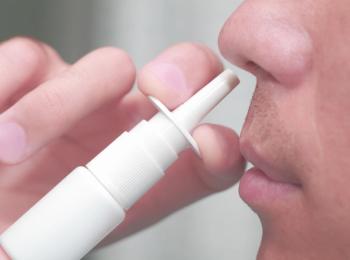
Ukrainian physicians enhance pain management and trauma care skills at Yale, fostering international collaboration to improve healthcare amid ongoing conflict.

Ukrainian physicians enhance pain management and trauma care skills at Yale, fostering international collaboration to improve healthcare amid ongoing conflict.

Younger veterans face significantly higher PTSD rates due to social challenges.

New research reveals how past trauma influences brain responses to stress, highlighting the importance of neural connectivity in mental health and coping strategies.

A Yale study reveals how racial and ethnic factors impact access to opioid use disorder treatment in emergency departments, highlighting barriers and solutions.

A new study reveals how genetics influences leisure, work, and home physical activity, highlighting the unique health benefits of exercise during leisure time.

Kim Smolderen, PhD, pioneers integrated psychological care for heart patients, enhancing mental health support to improve cardiovascular outcomes and patient well-being.

Marc Potenza, PhD, MD, explores the impact of online social activity on ADHD symptoms in adolescents, revealing significant gender differences in brain development and attention.

Yale's groundbreaking research aims to revolutionize autism treatment through advanced brain modeling and noninvasive communication methods, enhancing patient outcomes.

Researchers analyze single-cell communication in brains of people with PTSD, uncovering genetic variations that could lead to new treatments for this complex disorder.

Yale School of Medicine and VA Connecticut Healthcare System researchers compared social determinants of health in relation to the risk of suicide, a major global public health issue and one of the leading causes of death in the United States.

Patients are now being recruited for a study to compare the effectiveness of IV ketamine and esketamine nasal spray (otherwise known as Spravato) for people who suffer from treatment-resistant depression.


John Krystal, MD, explores the future of ketamine and psychedelics in psychiatry, shedding light on their potential to improve patient care by increasing options treatment options.